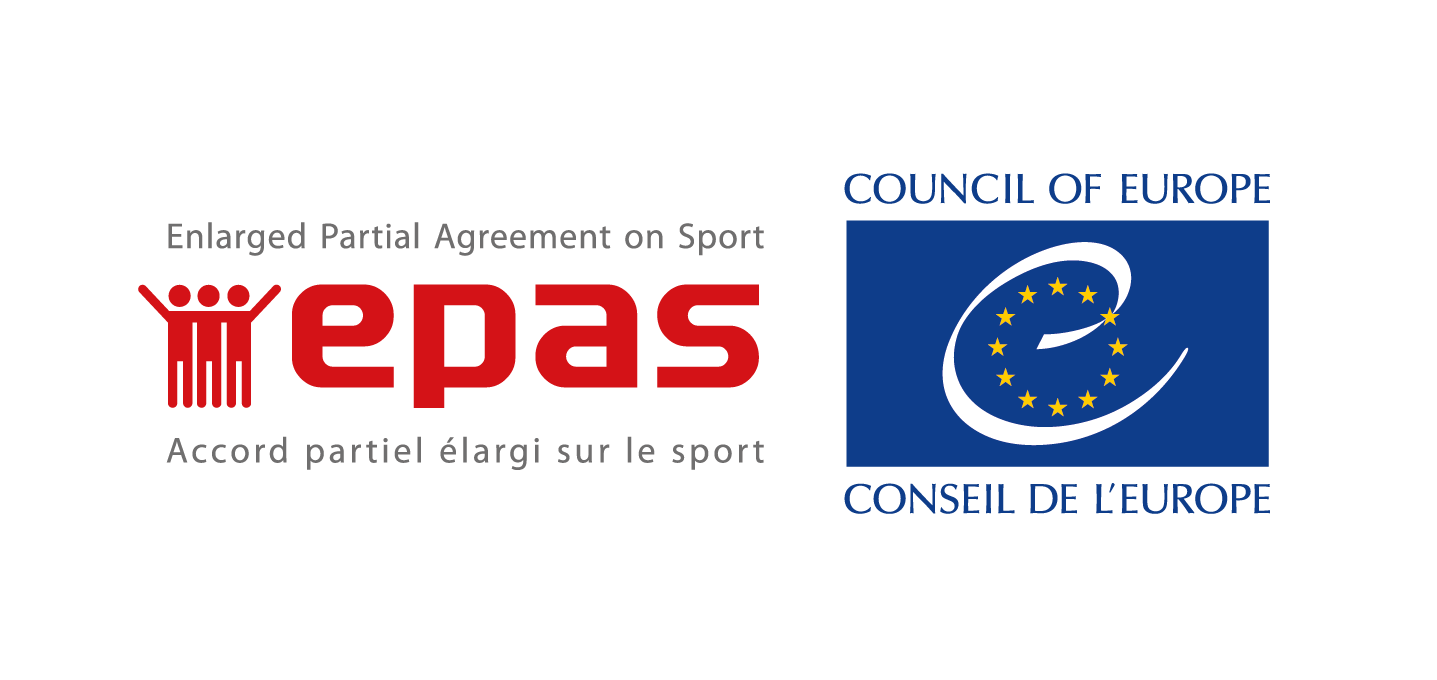Breakfast Roundtable on women’s health and sport

7 March 2025, 9.30am - 12.00 noon
Hybrid format (online / Strasbourg, Palais de l’Europe, meeting room no. 7)
Organised by the Council of Europe's Enlarged Partial Agreement on Sport (EPAS) on the occasion of International Women’s Day
Background
Gender equality has been one of the central themes of the Council of Europe’s work in the field of sport for over a decade. In 2015, EPAS was instrumental in the preparation of Recommendation CM/Rec(2015)2 of the Committee of Ministers to member States on gender mainstreaming in sport. The Council of Europe has been promoting a number of initiatives, seeking to contribute to improving gender equality in sport, and these efforts are firmly enshrined in the European Sports Charter.
From March 2018 to October 2019, the European Union (EU) and the Council of Europe (CoE) ran the “ALL IN: Towards gender balance in sport” joint project aiming to provide support to public authorities and sport organisations in the development and implementation of policies and programmes addressing gender inequalities in sport as well as in adoption of a gender mainstreaming strategy. As part of the project, EPAS assessed the state of play regarding gender equality in 17 countries across 6 indicators in the following areas: leadership, coaching, participation (from grassroots to elite sport), gender-based violence, media/communication and gender mainstreaming, subsequently producing a best practice toolkit for gender equality in sport and setting up an online library amongst other outcomes.
From March 2023 to March 2025, the Council of Europe’s Sport Division advanced on this crucial work through the joint EU-CoE “All In Plus: promoting greater gender equality in sport” project, which held its closing event in Luxembourg on 12-13 February. To further enhance the findings of the first data collection campaign, the project fine-tuned the data indicators, adding sport officiating, and expanded the list of participating countries to 21. All In Plus had a specific focus on issues linked to the representation of women in sport in the media and also raised awareness about gender-based violence in sport and how to tackle it, drawing upon the Council of Europe’s Convention on preventing and combating violence against women and domestic violence (Istanbul Convention). All of the project findings and deliverables including 21 factsheets, the analytical report including a series of recommendations, the online library of best practice examples, videos and much more can be accessed here.
Structure
The Breakfast Roundtable on women’s health and sport will consist of two parts. During the first part of the event, international experts and guests will deliver presentations about initiatives in place to ensure that women and girls' health in sport is factored in in practical terms and will set forth some of the major areas of concern, including physical health issues such as over-training, anorexia, issues linked to menstruation, the pelvic floor, maternity, the peri-menopause and the menopause, and mental health issues, amongst other topics. There will be two panels, one focusing on lived experiences and how athletes have tried to overcome health-related problems, and a second panel discussing what some practical solutions might look like, how to increase awareness and training on this important subject and how to overcome obstacles.



